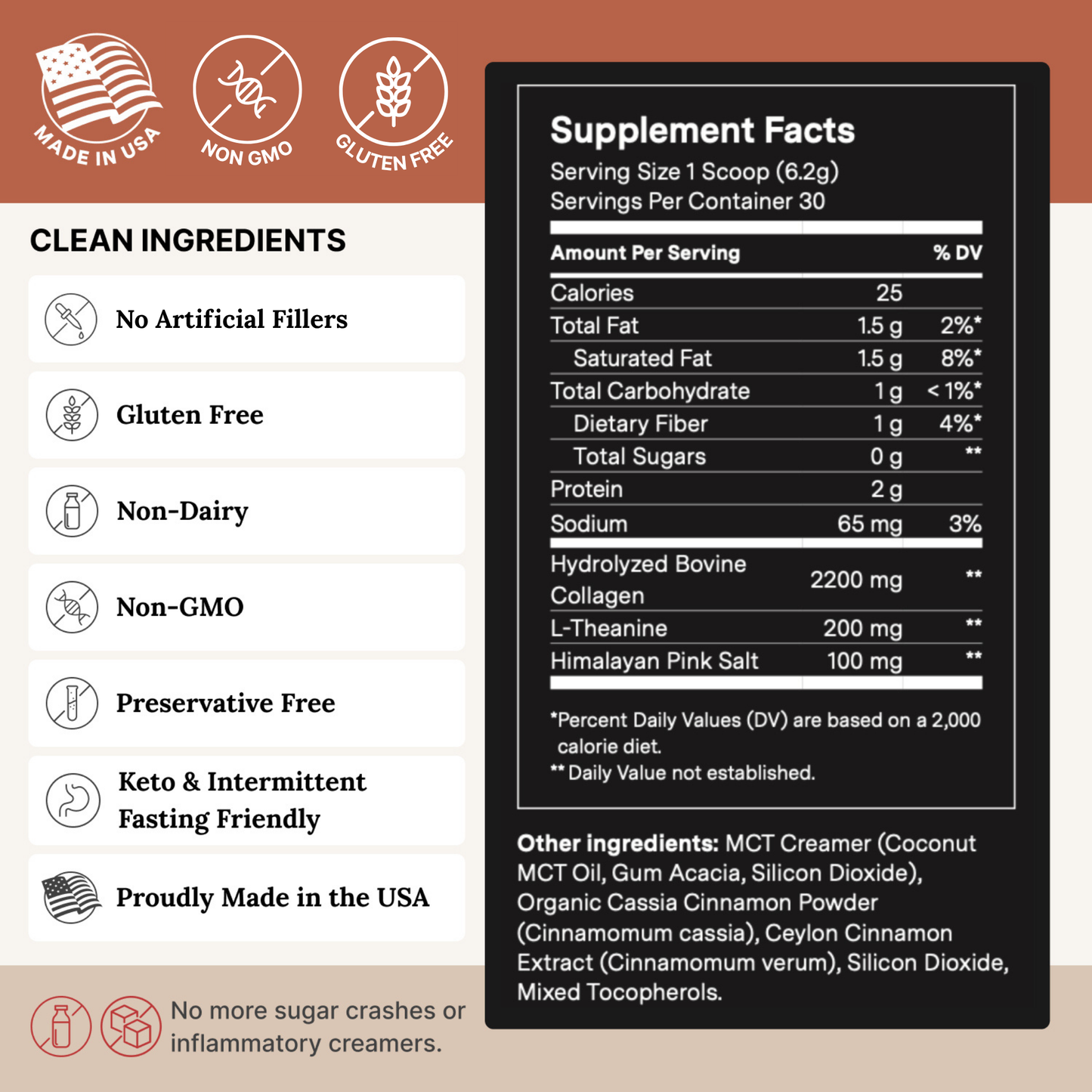Coffee is more than a morning ritual—it is a treasure trove of bioactive compounds with impressive health benefits. Decades of research illuminate coffee’s role in longevity, chronic disease prevention, mental health, and physical performance. This article explores the science-backed health benefits of coffee and explains why moderate consumption is a delightful part of a healthy lifestyle.
The Science of Coffee: A Nutritional Powerhouse
Coffee contains hundreds of biologically active compounds, such as:
- Caffeine: Stimulates the brain and boosts alertness and cognitive function.
- Chlorogenic acids: Potent antioxidants found in high concentrations in coffee.
- Minerals: Includes potassium, magnesium, and niacin.
Health Benefits of Coffee: Proven by Research
Longevity and All-Cause Mortality
- Moderate coffee consumption (3-5 cups daily) has been associated with reduced all-cause mortality. One study of more than 500,000 people found that there was 'a significant inverse association between coffee consumption and mortality'. AKA: When one goes up, the other goes down.
- Morning coffee may lower cardiovascular mortality more than all-day consumption.
- Benefits persist after adjusting for age, gender, and smoking.
Heart Health and Cardiometabolic Benefits
- Moderate intake (1-3 cups/day) lowers risk for heart disease, stroke, and heart failure.
- Studies report daily coffee drinkers have up to 48% lower risk of chronic metabolic conditions.
Why is this?
Antioxidant activity of chlorogenic acids and polyphenols may reduce inflammation and blood vessel damage. Caffeine helps enhance vascular function and reduce arterial stiffness.
Coffee and Diabetes
- Coffee drinking is associated with a lower risk of developing type 2 diabetes.
- Both caffeinated and decaf coffee are protective due to anti-inflammatory and insulin-sensitizing compounds.
Neuroprotection: Brain Health and Cognitive Function
That brain-boost you feel after your morning coffee isn't a placebo. Coffee provides major long-term and short-term benefits for your mind:
- Regular coffee intake has been linked to a lower risk of neurodegenerative diseases like Alzheimer’s and Parkinson’s.
- Antioxidants, especially hydrocinnamic acids, help prevent Alzheimer’s-related plaque,
- Caffeine enhances alertness and may improve memory and reaction times.
The Antioxidant Punch: Coffee as a Dietary Antioxidant
Coffee is a primary source of dietary antioxidants, featuring over 100 polyphenols that counteract oxidative stress and inflammation, thereby protecting against chronic illnesses.
Did you know? Roasting increases antioxidant capacity by creating melanoidins.
| Antioxidant Compound | Health Benefit |
|---|---|
| Chlorogenic acids | Supports reduced inflammation and vascular health |
| Caffeic acid | Antioxidant, may inhibit tumor growth |
| Melanoidins | Strong antioxidant formed during roasting |
| Flavonoids (catechins) | Combat oxidative stress, may improve metabolism |
Additional Health Benefits
Liver Protection
- Coffee consumption has been linked to lower chronic liver disease risk.
- Improves liver enzyme profiles due to anti-inflammatory effects
Weight Management and Metabolism
- Caffeine boosts metabolism and promotes fat oxidation.
- Polyphenols support healthy weight and insulin sensitivity.
Performance and Alertness
- Caffeine enhances alertness, reaction times, and athletic performance.
- Benefits both cognitive and physical performance.
The Role of Preparation: Filtered vs. Unfiltered
Fun fact: filtered coffee is better for cardiovascular health because it removes most LDL-raising diterpenes. Unfiltered coffees contain higher levels of cafestol and kahweol, which may raise cholesterol levels.
How to Maximize Your Coffee’s Health Benefits
- Stick to moderate intake: 3-5 cups per day is optimal
- Opt for morning consumption for sleep and heart health
- Filter your brew when possible to reduce cholesterol-raising compounds.
- Limit sugar and high-fat creamers and enjoy coffee black for maximum antioxidant intake.
Conclusion: Coffee—A Science-Backed Elixir
Coffee’s journey from “guilty pleasure” to wellness drink is supported by peer-reviewed research. Consuming coffee in moderation, especially in the morning, delivers a wide array of benefits for heart health, longevity, mood, and cognitive performance.















